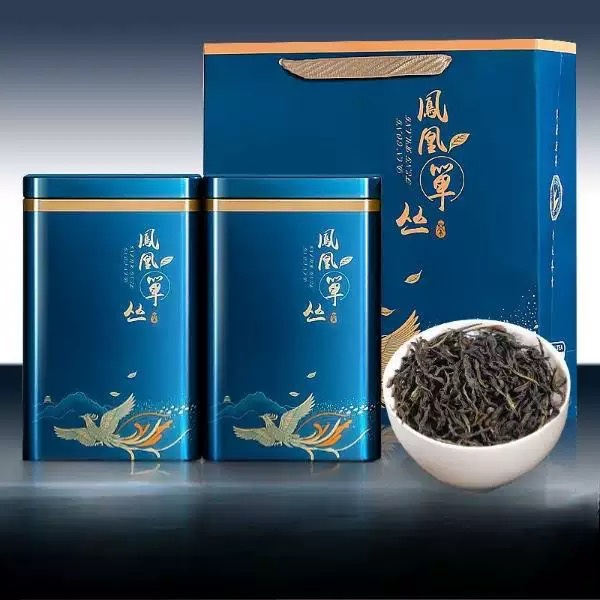
,文章长度在1000字左右。
html
The Health Benefits of Oolong Tea
Oolong tea, a traditional Chinese tea, is known for its unique taste and numerous health benefits. This semi-oxidized tea falls somewhere between green tea and black tea in terms of oxidation, giving it a distinct flavor profile and a range of health-promoting properties. From boosting metabolism to improving heart health, oolong tea offers a variety of advantages that make it a worthwhile addition to your daily routine.
1. Rich in Antioxidants
One of the most significant health benefits of oolong tea is its high antioxidant content. Antioxidants help combat free radicals in the body, which can cause oxidative stress and contribute to chronic diseases like cancer and heart disease. Oolong tea contains polyphenols, catechins, and theaflavins, which are powerful antioxidants that protect cells from damage.
Studies have shown that regular consumption of oolong tea can reduce oxidative stress markers in the body, potentially lowering the risk of developing chronic conditions. The antioxidants in oolong tea also support skin health by reducing signs of aging and improving overall complexion.
2. Boosts Metabolism and Aids Weight Loss
Oolong tea has gained popularity as a natural weight loss aid. The polyphenols in oolong tea are believed to enhance fat metabolism and increase energy expenditure. Research suggests that drinking oolong tea can help the body burn fat more efficiently, making it a useful tool for those looking to shed extra pounds.
Additionally, oolong tea contains caffeine, which can temporarily boost metabolism and improve physical performance. When combined with a healthy diet and regular exercise, oolong tea may support weight management efforts.
3. Supports Heart Health
Regular consumption of oolong tea has been linked to improved cardiovascular health. The antioxidants in oolong tea help reduce bad cholesterol (LDL) levels while increasing good cholesterol (HDL) levels. This balance is crucial for maintaining healthy blood vessels and preventing plaque buildup.
Some studies have shown that drinking oolong tea may lower blood pressure and reduce the risk of heart disease. The anti-inflammatory properties of oolong tea also contribute to better heart health by reducing inflammation in the cardiovascular system.
4. Enhances Brain Function
Keyword: Health Benefits of Oolong Tea
Oolong tea contains caffeine and L-theanine, two compounds that work together to improve brain function. While caffeine provides a temporary energy boost and enhances alertness, L-theanine promotes relaxation without causing drowsiness. This combination can lead to improved focus, concentration, and mental clarity.
Research suggests that the polyphenols in oolong tea may also protect brain cells from damage and reduce the risk of neurodegenerative diseases like Alzheimer’s and Parkinson’s. Regular consumption of oolong tea may support long-term cognitive health.
5. Promotes Digestive Health
Oolong tea has been used in traditional Chinese medicine to support digestion for centuries. The tea’s natural compounds can help regulate stomach acid production, reducing symptoms of indigestion and acid reflux. Oolong tea may also promote the growth of beneficial gut bacteria, which is essential for overall digestive health.
Some studies suggest that oolong tea can help alleviate symptoms of irritable bowel syndrome (IBS) and other digestive disorders. The mild diuretic properties of oolong tea may also help reduce bloating and water retention.
6. Strengthens Bones and Teeth
Oolong tea contains minerals like calcium, magnesium, and potassium, which are essential for maintaining strong bones and teeth. Regular consumption of oolong tea has been associated with higher bone mineral density, potentially reducing the risk of osteoporosis.
The fluoride content in oolong